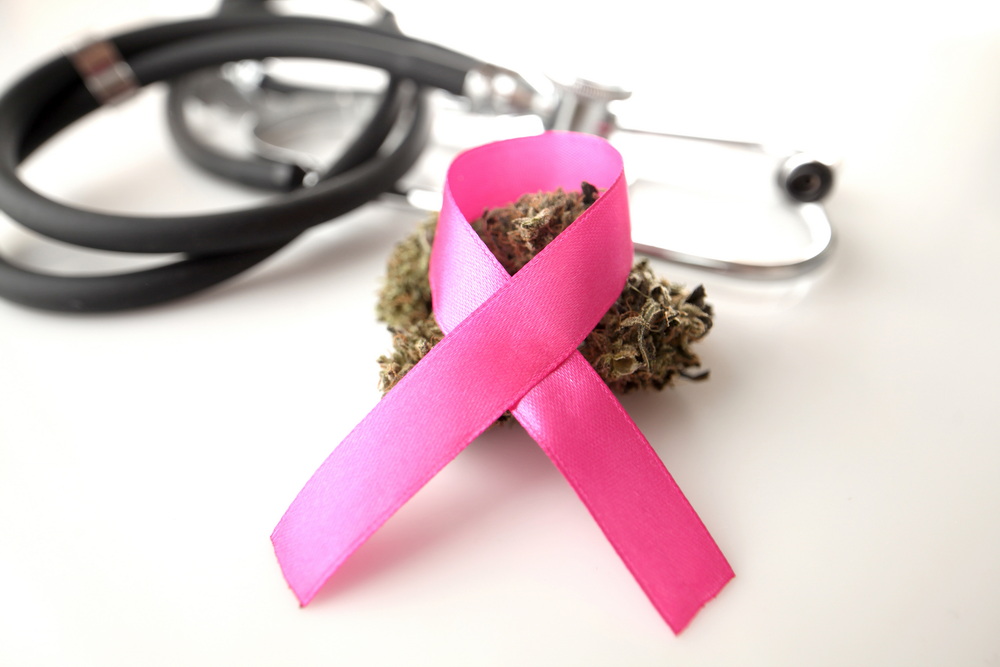Therapeutic Cannabis Is Not a Proven Cure for Cancer

With cannabis gaining in popularity nationwide, it was only a matter of time before some proponents of medical cannabis began making unproven claims about the plant and its most famous cannabinoid, THC. Some of the more recent claims suggests that cannabis can cure cancer by killing cancer cells. Such claims have not been proven with clinical evidence.
The Utahmarijuana.org website discusses cannabis as a cancer treatment. Like most other scientifically accurate sources, the website clearly discusses cannabis as an option for addressing cancer pain, nausea, and loss of appetite. Utahmarijuana.org also suggests that cannabis can help relieve anxiety, depression, and insomnia in cancer patients.
Nowhere on the site will you see claims that cannabis kills cancer cells. Perhaps it does in controlled lab experiments, but there is absolutely no clinical evidence involving human test patients confirming cannabis as a cure for cancer. The lesson to learn here should be obvious: be wary of any claims by companies or medical providers promising a cannabis-based cure for cancer.
The Clinical Research Threshold
To date, the FDA has not approved any cannabis-based drugs as cures for cancer. There is good reason for that. Our medical approval system maintains a very high threshold for approving therapies. Before a therapy gains FDA approval, the creator of said therapy must produce sufficient clinical data to demonstrate safety and efficacy. It generally takes pharmaceutical companies upwards of 10 years or more to collect that data.
Marijuana’s status as a Schedule I controlled substance has largely prevented in-depth research into cannabis in general. It has certainly stunted any attempts to research cannabis as a cancer drug. Despite so many claims on the internet, clinical data verifying cannabis’ ability to kill cancer cells is virtually non-existent.
Success in Test Tubes
A USA Today article published in early February 2022 takes issue with the recent spate of online claims in support of curing cancer with cannabis. The report discusses how a limited number of studies have shown that cannabis can kill cancer cells in test tube experiments. That much remains undisputed. But test tube experiments hardly constitute real-world success.
The entire reason our system demands clinical studies is understood in the fact that the laboratory results are not always dependable. Moreover, they can be manipulated. The only way to truly know how a new therapy will affect human patients is to test it with human patients. Until you do that, any claims that a new therapy can do X, Y, or Z constitute little more than speculation.
Asking Your Doctor About Cannabis
None of this is to say that cancer patients should not ask their doctors about cannabis. They should, at least in the thirty-seven states that have legalized medical cannabis programs in place. To reiterate the information found on the Utahmarijuana.org website, cannabis is an option for cancer patients looking for a better treatment for:
- cancer pain
- loss of appetite
- treatment related nausea and vomiting
- anxiety, depression, and insomnia.
If you are a cancer patient, just know that you will probably need a medical cannabis card or something comparable in order to legally purchase cannabis medications from a dispensary or pharmacy. Each state has its own rules for obtaining cards. Most, if not all thirty-seven, include cancer on their list of qualifying conditions.
Cannabis is a valid option for treating some of the symptoms and side effects of cancer and its other treatments. It is not a clinically proven cancer cure. Any claims to that effect are misleading, at best. Do not blindly accept them in hopes of being cured.






